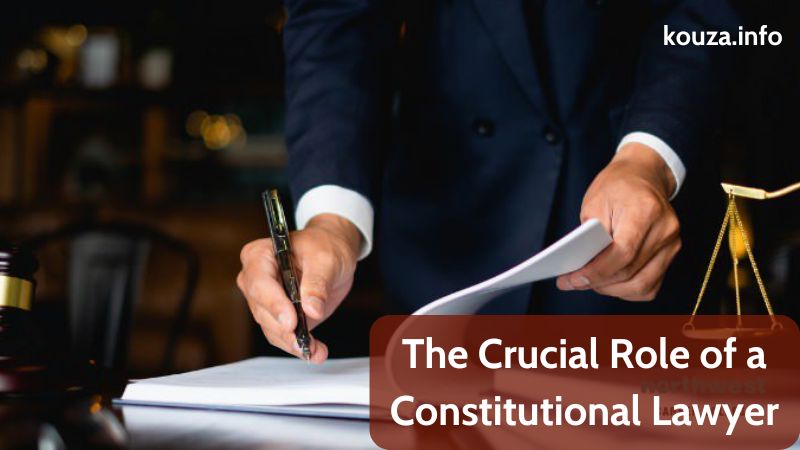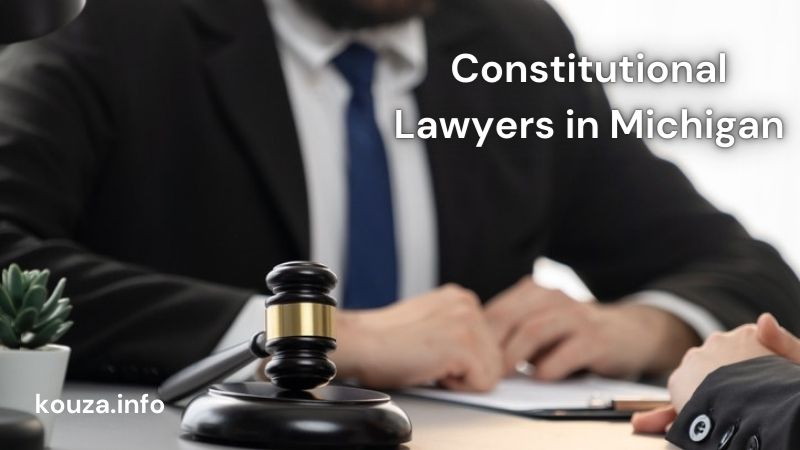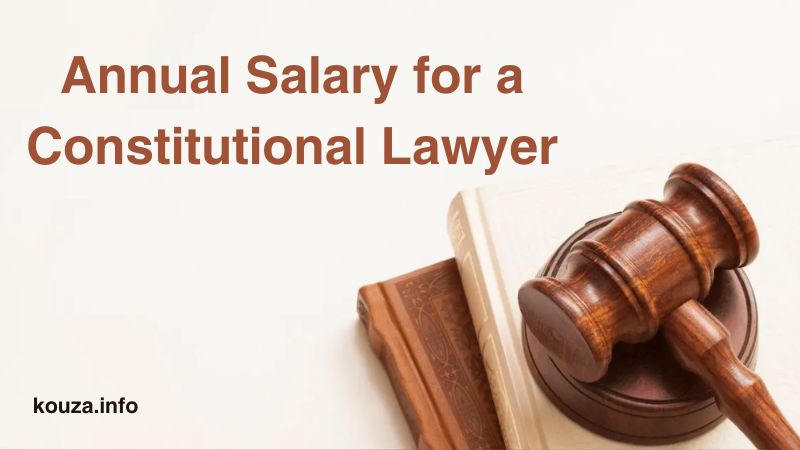Exploring the Dynamics of Constitutional Law in Cameroon: A Comprehensive Overview
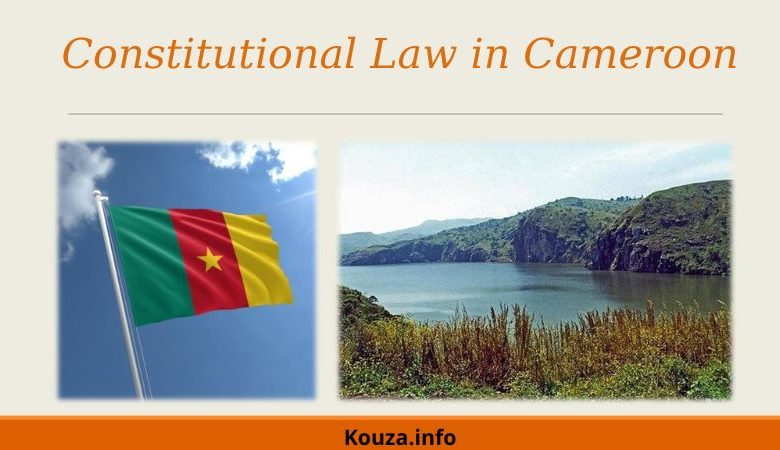
Constitutional law in Cameroon serves as the bedrock of the nation’s governance structure, delineating the framework within which political, social, and legal processes unfold. Embedded within its constitutional provisions are the principles guiding the exercise of power, the protection of individual rights, and the promotion of democratic ideals. This article from Kouza.info endeavors to delve into the intricate landscape of constitutional law in Cameroon, highlighting its key features, historical evolution, and contemporary challenges.
Principles of Separation of Powers
At the heart of Cameroon’s constitutional architecture lies the principle of separation of powers, a foundational concept echoed in constitutional law in Cameroon. This doctrine ensures a balance of authority among the executive, legislative, and judicial branches of government, safeguarding against the concentration of power in any single entity.
The Executive Branch
At the heart of Cameroon’s constitutional architecture lies the principle of separation of powers, a foundational concept echoed in constitutional law in Cameroon. This doctrine ensures a balance of authority among the executive, legislative, and judicial branches of government, safeguarding against the concentration of power in any single entity. Within this framework, the executive branch, headed by the President of Cameroon, holds significant authority, including the power to appoint the Prime Minister and Cabinet members, dissolve the National Assembly, and declare a state of emergency when necessary.
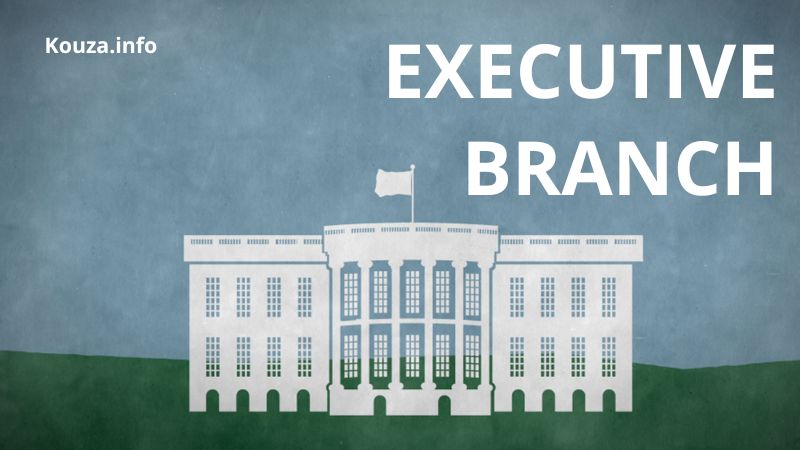
The Legislative Branch of Constitutional Law in Cameroon
The legislative branch, comprising the National Assembly and the Senate, plays a pivotal role in the formulation of laws and the oversight of governmental actions. Members of the National Assembly are elected through universal suffrage, reflecting the democratic aspirations of the Cameroonian people. The Senate, on the other hand, consists of appointed members, drawn from various sectors of society, including regional councils and traditional chiefs. This bicameral structure ensures representation from diverse constituencies and fosters collaboration in the legislative process.
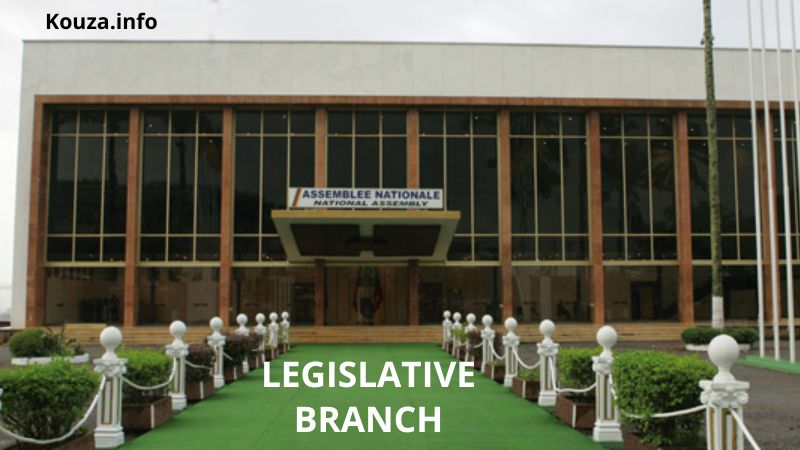
Protection of Fundamental Rights
Embedded within the fabric of constitutional law in Cameroon are provisions guaranteeing fundamental rights and freedoms to all citizens. These rights, enshrined in the Constitution, encompass civil liberties such as freedom of expression, assembly, and religion, as well as the right to a fair trial and equality before the law. However, despite these constitutional guarantees, concerns persist regarding the protection and enforcement of human rights in Cameroon, with reports of abuses and violations by state authorities.
Decentralization
Decentralization emerges as a significant aspect of constitutional law in Cameroon, aimed at fostering local governance and enhancing grassroots participation in decision-making processes. The introduction of decentralization in the 1996 Constitution reflects a commitment to devolving power to local authorities and promoting development at the grassroots level. Through this system, local governments are granted autonomy in managing their affairs, thereby facilitating tailored solutions to community-specific challenges.
Amendment Process
The amendment process outlined in constitutional law in Cameroon provides a mechanism for adapting the Constitution to changing societal needs and evolving political dynamics. Proposed amendments may originate from various sources, including the President, the Prime Minister, or members of Parliament. The approval of amendments requires either a referendum or a two-thirds majority vote in both houses of Parliament, ensuring a deliberative and participatory approach to constitutional reform.
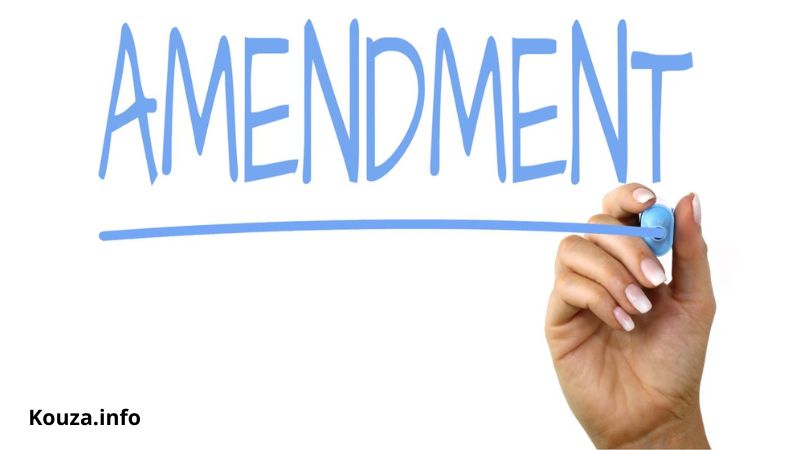
Emergency Powers
In times of national crisis or emergency, constitutional law in Cameroon empowers the government to declare a state of emergency, enabling the temporary suspension of certain fundamental rights and freedoms. While such measures are intended to address urgent threats to national security or public order, they also raise concerns about the potential for abuse of power and infringement upon civil liberties. Thus, the invocation of emergency powers must be subject to strict legal safeguards and oversight mechanisms to prevent their misuse.
Historical Evolution
The evolution of constitutional law in Cameroon reflects the country’s journey towards democratic governance and the rule of law. Since gaining independence in 1960, Cameroon has witnessed successive amendments to its Constitution, reflecting changing political realities and societal aspirations. These constitutional reforms have sought to strengthen democratic institutions, enhance the protection of human rights, and promote inclusive development across the country.
Contemporary Challenges
Looking ahead, the challenges facing constitutional law in Cameroon are multifaceted and require concerted efforts from government authorities, civil society organizations, and the international community. Addressing issues such as governance deficits, human rights abuses, and socio-economic disparities will require sustained dialogue, institutional reforms, and a commitment to upholding the principles of constitutionalism and the rule of law.
Conclusion
Conclusion: So above is the Exploring the Dynamics of Constitutional Law in Cameroon: A Comprehensive Overview article. Hopefully with this article you can help you in life, always follow and read our good articles on the website: kouza.info
